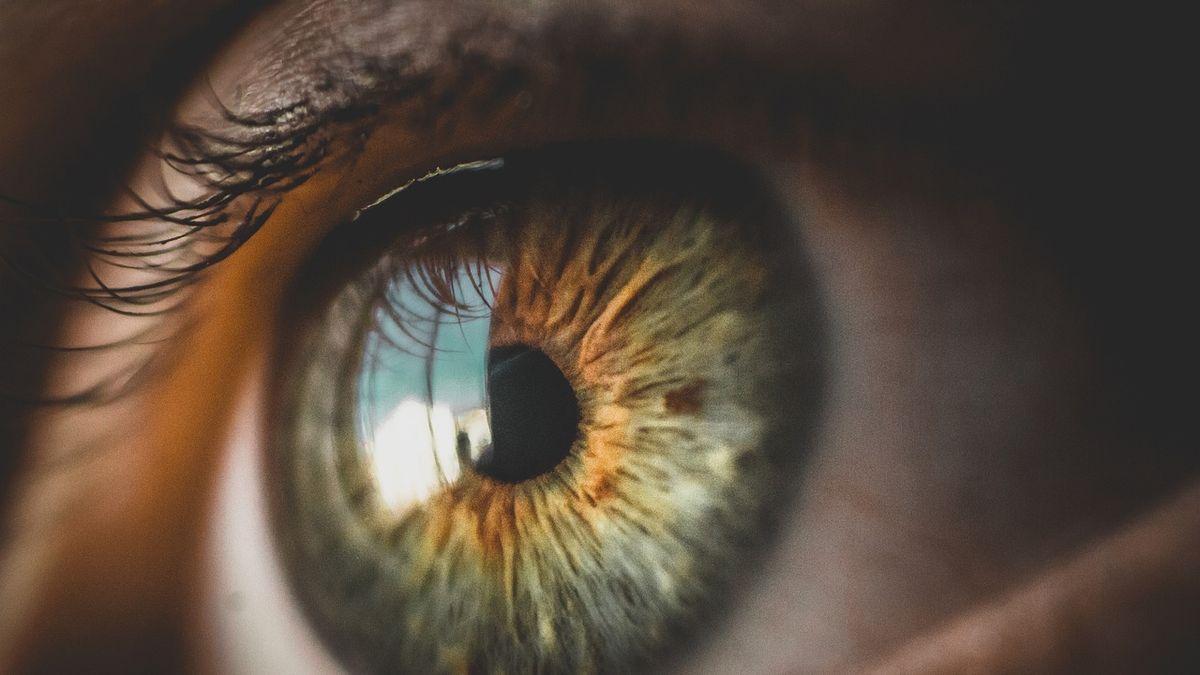Patients often complain that their eyes are irritated and more sensitive to light, that they cannot stop crying, or that they feel a grittiness under their eyelids.

The most common allergens that cause these reactions are dust, pollen, mold, animal hair, bird feathers, and perfume.
Pixar
This time of year is approaching spring, This often happens: eyes are red, Tingling and disturbing One in four people. Patients often complain that their eyes are irritated and more sensitive to light, that they cannot stop crying, or that they feel a grittiness under their eyelids.If you have these symptoms, you are likely to have the following conditions allergic conjunctivitis.
This type of conjunctivitis is eye inflammation caused by allergens, substances that can cause reactions in sensitive people.. In other words, there are many people who can be exposed to these substances and not develop the disease.
The conjunctiva is the skin that covers the outside of the eye. It is a tissue that has many blood vessels, so when it becomes inflamed, it turns red. By definition, conjunctivitis is inflammation of this tissue. Although when talking about conjunctivitis, most people associate it with an infectious source, it can have a variety of causes: microorganisms (viruses and bacteria), allergic irritation, toxic irritation from gases or chemicals, and traumatic inflammation.
Allergens are particles present in the environment that do not cause problems for most people. However, in allergic patients, they can produce an inflammatory response. The eyes are mucous membranes that are constantly exposed to the environment, which is why allergic conjunctivitis is a common cause. They affect children aged 4 to 12 years and children over 60 years old. The main symptom is itching or pruritus, but is accompanied by eye redness and eyelid edema. It is important to diagnose it correctly with blood and eye lab studies and an eye exam.
The most common allergens that cause these reactions are dust, pollen, mold, animal hair, bird feathers, and perfume. Additionally, there may be other factors such as eye makeup (mascara, eyeliner, eyeliner, and eye shadow), environmental pollution, and exposure to pool water that contains disinfectant products such as chlorine.
Steps to reduce exposure to allergens:
- Use wrap-around glasses, especially outdoors, to reduce the amount of allergens entering your eyes.
- Clean air conditioning filter.
- Use high-quality, hypoallergenic cosmetics.
- Avoid contact with furry animals, which are reservoirs for mites and other allergens. If these are at home, regular bathing is recommended.
- Wear safety goggles in the pool.
The main problem with allergic conjunctivitis is that it is difficult to avoid exposure to environmental allergens. The treatment is therefore based on immunotherapy, which attempts to reduce the body’s own inflammatory response to exposure to allergens. Every allergy sufferer is different, so the program is personalized based on the individual’s response to triggers.
Ophthalmologist, head of the corneal transplant team at the German Hospital Ophthalmology Service.



